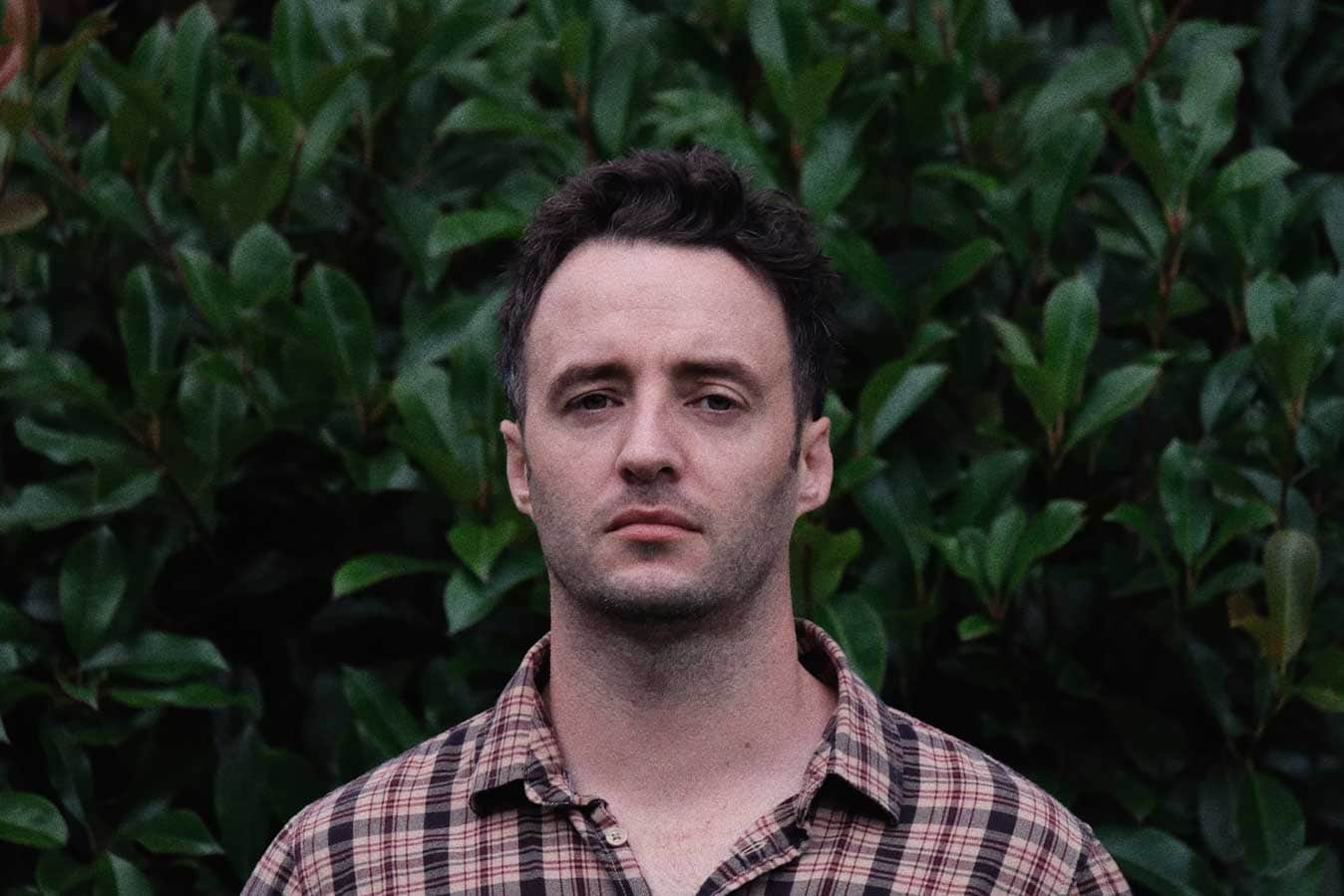Speaking up against injustice and unfairness, even when others around me remain silent, is a value I hold close to my heart.
My name is Justin Nixon, and I am a registered nurse and a whistleblower who raised concern over the unethical practices I witnessed firsthand while working in the cosmetic surgery industry.
My experience led to my participation in several media stories that shone a light on the substandard practices in many cosmetic surgery clinics, including ABC’s Four Corners episode “Cosmetic Cowboys”, 60 Minutes “A Bad Look”, and “A Worse Look”, and the 7.30 Report’s “How cosmetic surgeons are taking advantage of Medicare”.1
I recently spoke on the issue of cosmetic surgery reform at the 2023 Informa Cosmetic Surgery Safety Conference.2
At this conference, I expressed that the cosmetic surgery industry has strayed from the accepted path of good medical practice in so many ways – the lack of standards, a focus on marketing that masks poor clinical training, and the paucity of accountability among medical practitioners in this field. One of the most shocking aspects of the industry was the total devaluation of education and accredited surgical programs when it came to cosmetic surgery. Practitioners who had never completed an accredited surgical program could operate on patients with impunity and expose them to enormous risk.
I believe that any standards the cosmetic industry may once have had, have been gradually eroded. Compliance with and enforcement of legislation and guidelines has fallen by the wayside somewhere along the line.
A culture of enforcement, with patient safety as the number one priority, is not self-propagating. It is something that needs to be nurtured and fiercely safeguarded. Practitioners should ask themselves – am I complying at the minimum level required to get by or to the best of my ability? The healthcare sector is entrusted with an incredibly important responsibility – ensuring the health and wellbeing of its patients. Unethical practice drastically undermines public confidence in the medical profession and hinders adequate healthcare uptake.
Practitioners must uphold their ethical standards and champion greater accountability while prioritising patient safety in all stages of their medical practice. I believe it is of the utmost importance for medical professionals to speak out when they see poor practices before it is too late, but for whatever reason, few people speak out against it when they see it.
Underreporting of bad or dangerous practices is a well-documented and longstanding issue within the medical community, and I implore my colleagues who know about objectionable behaviour to speak out against it.
As reported by Adele Ferguson: “Between 1 July 2018 and December 2021, no mandatory reports were made by practitioners in cosmetic surgery. Whether the lack of reporting was due to doctor coercion and intimidation – something patients have experienced when they post negative reviews about their cosmetic surgeons – apathy, or a lack of confidence in Ahpra following through, needs to be investigated.”3
I am aware of several patients who presented to hospitals during this period suffering from perforated organs, necrotising wounds, and persistent infections.4 Emergency Departments and the health professionals who worked there were all too aware of the culprits but remained dangerously silent.
Perhaps this lack of reporting was due to the diffusion of responsibility – where individuals in a group feel less responsible for taking action when others are present.5 In such circumstances, an individual is less likely to assume responsibility to help or intervene, and they may believe that someone else will act or be more capable of handling the situation.5 By acknowledging the importance of individual responsibility and encouraging proactive reporting of incidents where they may occur, we can combat the effects of the diffusion of responsibility. Perhaps the medical industry would benefit from introducing a cab rank rule, where the first clinician to treat or encounter a needlessly injured patient must be the clinical to report it.
Why did I speak up when many others wouldn’t? It took the smallest shift in my thinking. It dawned on me – who will if I don’t speak up? I attribute much of this shift to reading about the bravery of whistleblower Toni Hoffman. She blew the whistle on her colleague Jayant Patel, who was ultimately connected with some 80 deaths.6 Of 1,400 patients he operated on, 1,200 required some form of corrective procedure.7 I assume that many medical professionals that encountered Patel’s butchered patients are still haunted by the guilt of knowing they remained silent while patients were harmed. I believed that patients would die at the hands of rogue cosmetic surgeons if I didn’t blow the whistle on what I saw, and this wasn’t something I could live with.
Many of the patients I met over the course of my time in the cosmetic surgery industry were just ordinary everyday Australians. Some were not medically literate. They weren’t confident. The practitioners who operated on them sold them a dream that could never be made a reality. They spent their superannuation or life savings on these surgeries that they believed would be life-changing, and they did not deserve to be taken advantage of in this way.
Medical scandals such as this must be confronted for better outcomes in the healthcare sector. Clinicians, patients and the public alike can learn from this. Regulators should engage with those who have lived experience in the sectors, particularly the registered nurses working day in and day out in operating theatres and consulting rooms. They can provide invaluable insights into where the risks lie inside these practices and can present practical, real-world solutions for reform. Hearing from the people involved in medical scandals allows for a more comprehensive understanding of the issues and for practical suggestions on addressing them.
For more information or to submit a concern go to: https://www.ahpra.gov.au/Resources/Cosmetic-surgery-hub.aspx








